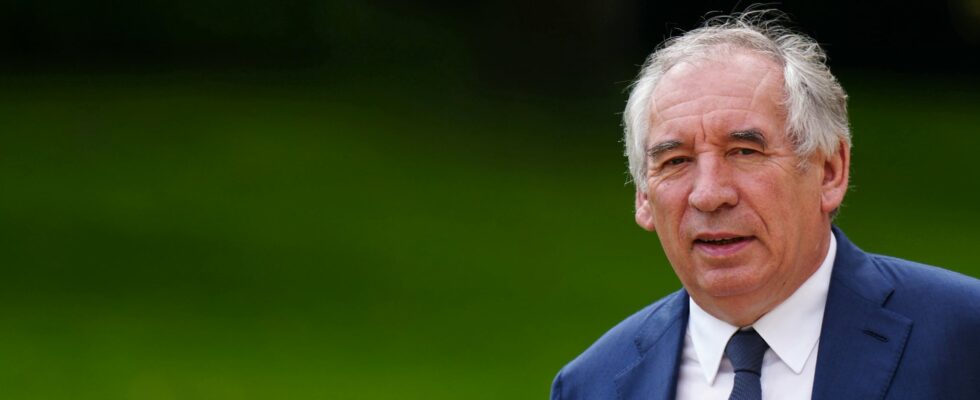Emmanuel Macron appointed, this Friday, December 13, François Bayrou Prime Minister, an immense challenge for the president of MoDem and first ally of the president, responsible for resolving the major political crisis opened by the dissolution and aggravated by the censorship of Michel Barnier.
This appointment comes three days after an unprecedented meeting of party leaders, excluding Rassemblement national and La France insoumise, under the aegis of the head of state. Where the contours of a “democratic cooperation agreement” were outlined, according to the formula of François Bayrou on Tuesday: the government would undertake not to use 49.3 to impose its laws, the opponents not to censor it, Emmanuel Macron evoking for his part his intention not to dissolve the Assembly again.
While awaiting possible new consultations and the composition of François Bayrou’s government, the left is divided over the identity of the new tenant of Matignon, while the RN wants to give itself time.
LFI will vote for censorship
The leader of the rebellious deputies Mathilde Panot announced Friday that her party would vote in the National Assembly to censure François Bayrou, in accordance with what LFI had promised in the event of the appointment of a Prime Minister not from the New Popular Front. “Two choices will be available to deputies: support for saving Macron or censorship. We made ours,” wrote Mathilde Panot on. “We will table a motion of censure,” added the coordinator of the movement Manuel Bompard, denouncing an “arm of honor to democracy”.
Environmentalists threaten, communists will judge “on the evidence”
On the Ecologist side, the tone is a little less assertive, but censorship is far from being ruled out. “We will look at the content of the policy that is emerging. If it is to keep the same in strategic positions, including Bruno Retailleau at the Interior, if it is to do nothing on pensions, ecology and tax justice, I don’t see what other choice we would have than to censor it”, indicated the head of the party, Marine Tondelier. The Generation deputy. s Benjamin Lucas, spokesperson for the environmentalist group in the Assembly, had indicated earlier in the day that he would vote “at this stage very willingly” for a motion of censure against the new Prime Minister from the MoDem.
PCF boss Fabien Roussel, for his part, did not speak out in favor of a priori censorship. “We will judge on the evidence,” explained the communist leader, asking the new Prime Minister to commit not to use 49.3 (the possibility of passing a law without a vote) to be able to benefit from the clemency of elected communist officials. Assembly at the time of voting on a motion of censure.
The PS asks Bayrou to renounce 49.3 in exchange for non-censorship
Open to compromise in recent days while demanding a left-wing Prime Minister, the Socialist Party notably asked the new Prime Minister this Friday to commit to renouncing 49.3 in order to be able to pass a law without a vote in the Assembly, in exchange of non-censorship of socialist deputies.
The PS also asks in this letter addressed to François Bayrou, and unanimously adopted by the national office of the party, “the guarantee that (the) government will in no way place itself under the dependence of the National Rally, nor will it resume its xenophobic program. Furthermore, the socialists will not “participate” in the new government.
No “a priori” censorship of the RN
At the other end of the hemicycle, “there will be no a priori censorship” of the RN, said its president Jordan Bardella, even if Marine Le Pen warned that a “prolongation of macronism” with François Bayrou “could only lead to a dead end”.
The president of the RN acknowledged sharing a common point with the new tenant of Matignon, on the establishment of proportional representation in legislative elections, “one of the keys […] to achieve majorities as part of a review of the functioning of elections”.
But Jordan Bardella also warned: “Emmanuel Macron is a bunkered president […] This new Prime Minister must take into consideration the new political situation […] Which therefore requires a necessary dialogue with all the forces represented in Parliament.”
